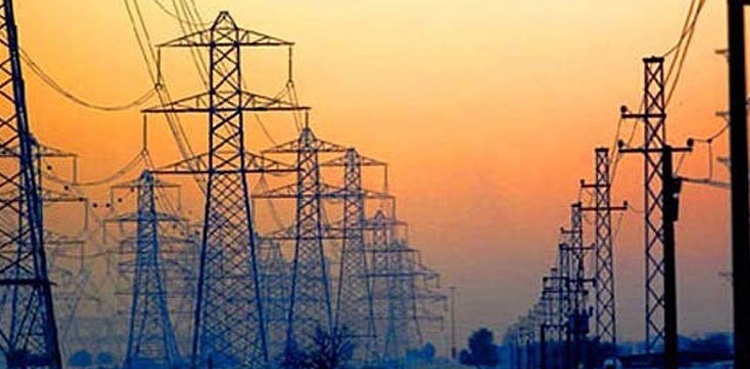Cabinet body okays import of furnace oil

KARACHI: A sub-committee of the federal cabinet on energy has decided to allow the import of furnace oil to fulfil needs of power stations in the country.
The committee meeting chaired by Federal Minister for Planning and Development Asad Umar reviewed electricity production in the country and progress on China Pakistan Economic Corridor (CPEC) projects.
The meeting also reviewed hydro-power projects including Kohala Hydel Project and Azad Pattan Hydropower Project, both of them in Azad Jammu and Kashmir (AJK).
The cabinet okayed the agreements needed to be made for initiating works on the projects. The meeting also approved the use of furnace oil for K-Electric.
Last year in April, in an effort to meet the demand of power plants during the summer season, the Cabinet Committee on Energy lifted a ban on import of furnace oil.
The cabinet body allowed only one-time import of furnace oil for stock up oil reserves of power plants, however, the committee decided to put the matter for the approval of the federal cabinet.
Briefing the cabinet body, an official of the Petroleum Division said that 350,000 tons of furnace oil was needed to meet energy requirement of the country in May and June 2019.
He told the meeting that Pakistan LNG Limited (PLL) and Pakistan State Oil (PSO) were importing over 1 billion cubic feet of liquefied natural gas per day (bcfd), of which zero-rated export-focused industries were being supplied 200 million cubic feet per day (mmcfd).
The committee directed the power division to ensure uninterrupted power supply during Sehr and Iftar in Ramazan. During the meeting, the Power Division presented its internal audit report.
Related News

FCC declares govt can impose Super Tax
ISLAMABAD, JAN 27 /DNA/ – The apex court has revived Sector 4 b of theRead More

Pakistan must prioritize exports for economic revival: ICCI
ISLAMABAD, JAN 26 /DNA/ – President of the Islamabad Chamber of Commerce and Industry (ICCI),Read More


Comments are Closed